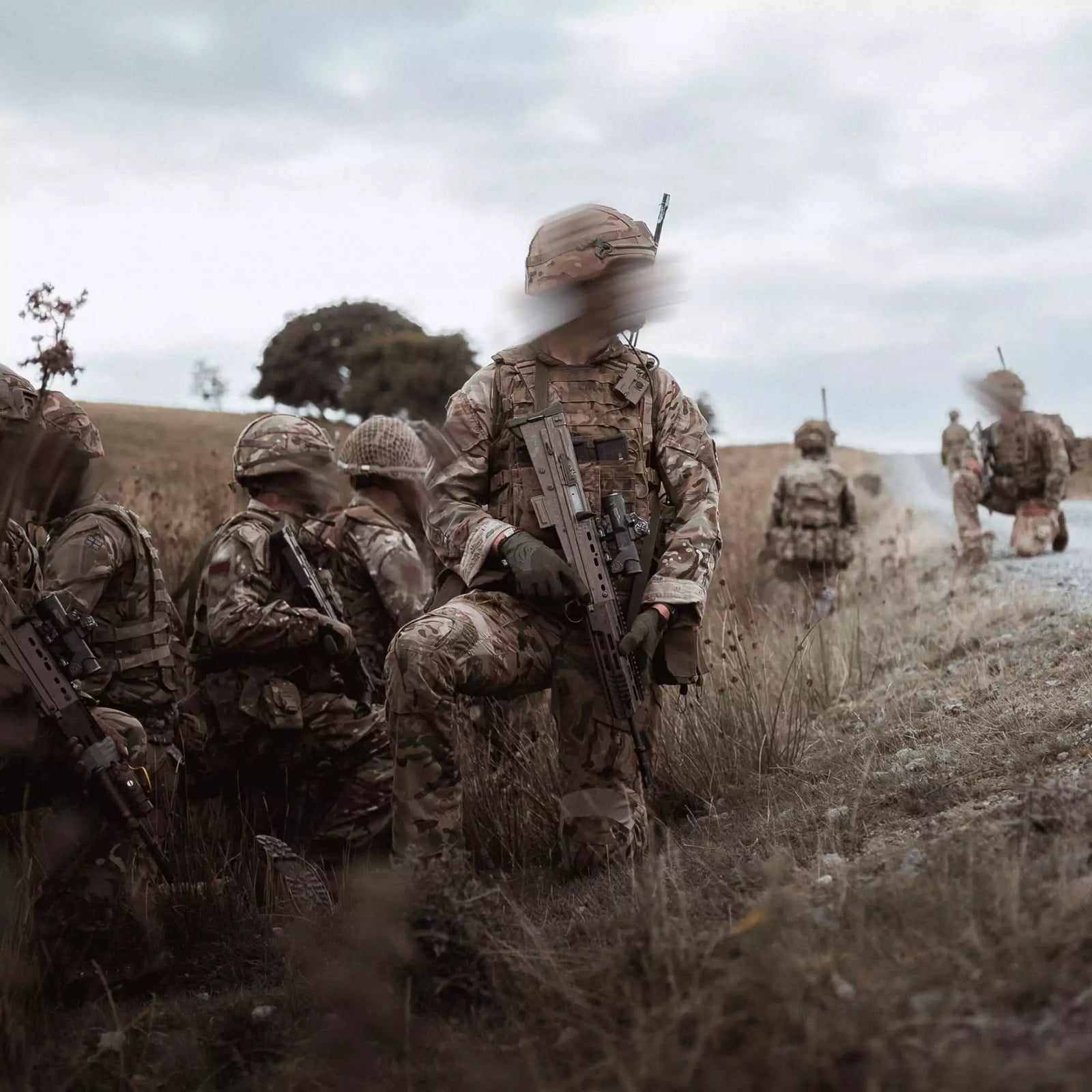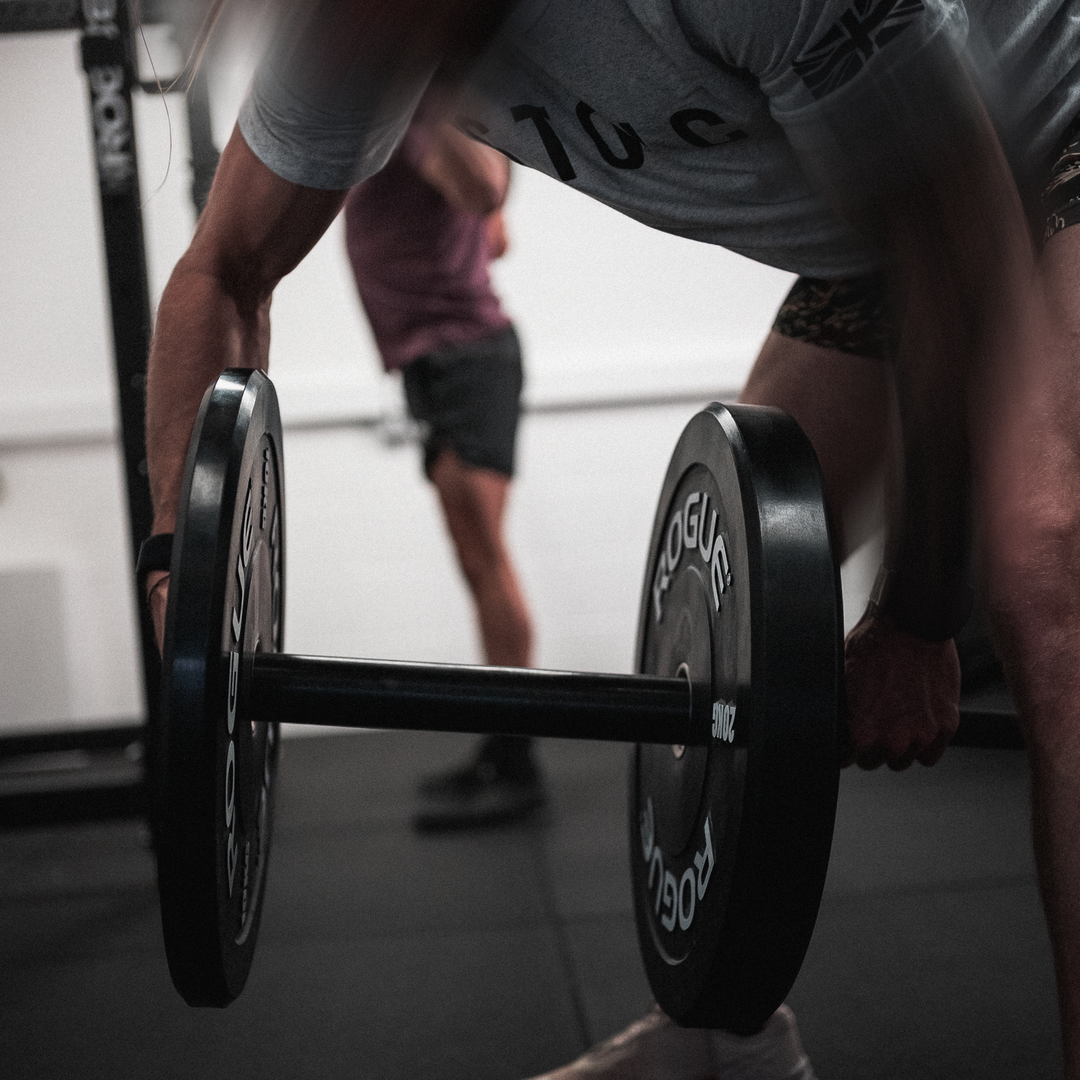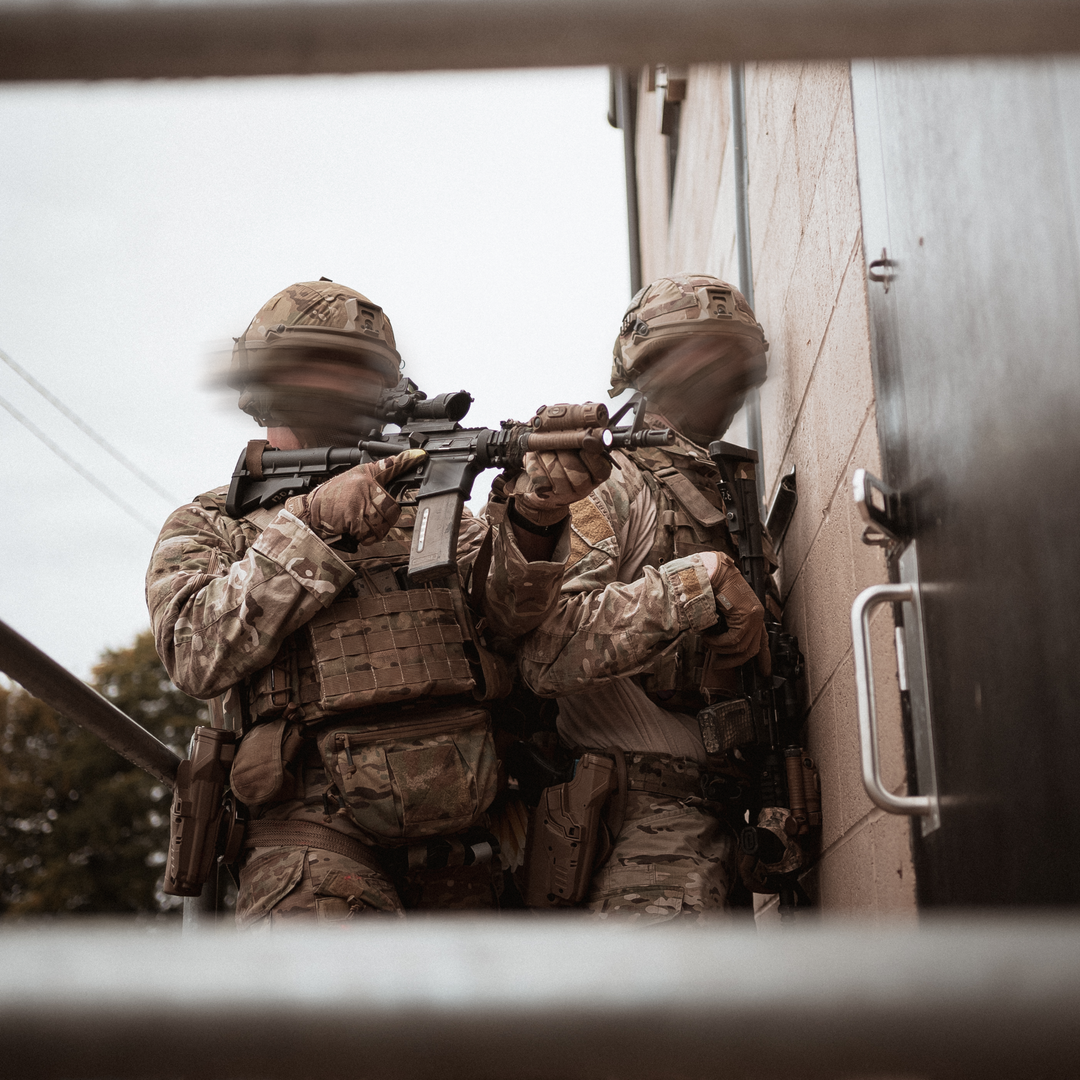INTRODUCTION TO MENTAL PERFORMANCE

Mental Performance: Sharpen Your Spear
By Christine Sanchez, PhD, CMPC, BCB
Resilient. Courageous. Problem solver. Quick thinker. Focused. Self-reliant. Comfortable in chaos. Moves with controlled aggression. Remembers key information. Coachable.
The above characteristics describe the mindset or mental performance demands of an operator/soldier. These men and women need to acquire new skills quickly and perform under pressure while sustaining high levels of performance and wellbeing.
Self-reflection: “How would you rate yourself on these characteristics when taken outside of your comfort zone?”
Why train Mental Performance?
When parachuting you must focus on the present moment and self-regulate heart rate, respiration, and muscle tension to easily recall jump procedures. During Close Quarter Combat (CQC) you have to process information quickly to differentiate between a non-combatant or eliminate a potential threat. Your ability to learn new skills, whether marksmanship or foreign language oriented, requires a positive mindset open to learning and a strong working memory capacity.
Self-reflection: “What portion of tactical performance would you rate as mental versus physical?”

The percentage you place on the mental component will vary by tactical skill and by individual opinion. Some may say 40% mental and 60% physical, others would say 70% mental and 30% physical. Either way, we can all agree there is a portion of performance that requires mental or cognitive skills and a deliberate method for training these skills.
Self-reflection: “Do you have a deliberate method for training your mental performance?”
What are mental skills of operators and soldiers?
What exactly are mental skills? Below are common mental skills that operators and soldiers need.

A variety of performance domains require these mental skills: Elite and professional athletes, tactical athletes (military and first responders), Formula 1 drivers, performing artists, executives, doctors, and financial analysts to name a few. We will discuss each mental skill in more detail during future Mindset articles.
What is Mental Performance?
Mental Performance has its origins in the field of Applied Sport and Performance Psychology. Certified Mental Performance Consultants (CMPC) teach operators/soldiers mental skills training to perform under pressure. Similar to physical conditioning and tactical training, mental skills training occurs on a weekly basis and can be periodized across a training cycle. A rugby player practices specific drills and tactics to enhance their technical skillset. A practise game affords the opportunity to perform under pressure and demonstrate or test out what they have learned. Physical conditioning sessions may target physical components of athleticism, such as agility, endurance, power, flexibility, speed, reaction time, coordination, and balance. The same is true for your mental performance sessions involving mental skills training where the areas targeted reflect components of your mind’s athleticism under pressure.

These training sessions can be completed separately to isolate mental skill development. However, it’s best to embed these skills within your physical conditioning or tactical training sessions because the physical/mental/technical components need to be seamlessly intertwined to execute tactical performance under pressure.
When & how do I use Mental Performance?
Operators/soldiers utilize mental skills training for two primary reasons: 1) Enhance performance and 2) Recover (or sustain) performance over a training cycle and career.

Performance enhancement involves learning strategies or tools to develop one’s full potential. Sustaining performance is an area that is often overlooked. You may hear this area referred to as “recovery”. High performing individuals are always looking to obtain an advantage over their competition to achieve that extra 1%. This mindset is important to achieve success. However, the ability to reset and refocus periodically is essential to sustaining optimal performance over time. The two capabilities of Mental Performance (i.e., enhancement and recovery) are interrelated. Part of developing your full potential involves knowing when to reset and recover to avoid injury or burnout.
The time to integrate mental skills training is similar to how you would periodize your physical training. Mental skills training is relevant during all phases of a sports season or a tactical training cycle. The best time to begin mental skill education is at the beginning of a training cycle when calendar white space is more available and work demands are low. As the training cycle becomes more involved, calendar white space decreases. Since mental skill education has already been established, it’s easier to begin to integrate with tactical training and strength and conditioning workouts. Below is an example of how a pre-performance routine (i.e., a mental skill technique) can enhance focus and regulate physiology (i.e., heart rate, respiration, motor control).

Mental skills training is also relevant during periods of active recovery in a strength and conditioning training cycle, or during downtime or inactivity in a training cycle. Here, mental skills are utilized to restore energy levels and bring balance to the Autonomic Nervous System (ANS) that manages the body’s stress response. Below is an example of how Low and Slow (diaphragmatic) breathing (a mental skill technique) deliberately regulates one’s physical/mental/emotional energy levels to remain calm and centred.

Self-reflection: “What deliberate recovery methods do you engage in to reset during tactical pauses in training or restore energy levels at the end of the day?”
The following Performance Tool is to help you think about and apply the knowledge gained. Commit to trying one new strategy each week in training.
Performance Tool:
- Create a list of the tactical skills you are required to be proficient on. If you are preparing to enter the military or are new to the military, work with a mentor on identifying these skills.
- For each tactical skill, identify the mental skills required for successful execution.
- Reflect on how you currently train for each of these tactical skills. Do you have a deliberate method or process for training each mental skill component? If so, write down your process for doing so. If you do not, note this as an area for potential growth.
In our future Mindset articles, we will begin to deep dive into each of the mental skills to provide you with Performance Tools (i.e., strategies) for your toolkit. Each of the Performance Tools will support you as you develop your own deliberate method for training Mental Performance. Leave no stone unturned, continue to seek your true potential.
Christine Sanchez, PhD, CMPC, BCB
Mental Performance Consultant
Dr. Christine Sanchez provides mental skills training and executive coaching to elite performers. She has over 16 years of experience working within a variety of performance domains, such as US Special Operations, first responders, professional sport, and executive leaders. Dr. Sanchez is best known for her work integrating biofeedback training with performance under pressure and recovery optimization. She earned her PhD in Sport and Performance Psychology from Florida State University, and currently holds the following certifications: Board Certified in Biofeedback, Certified Mental Performance Consultant, and Certified Breathing Behavioural Analyst.




